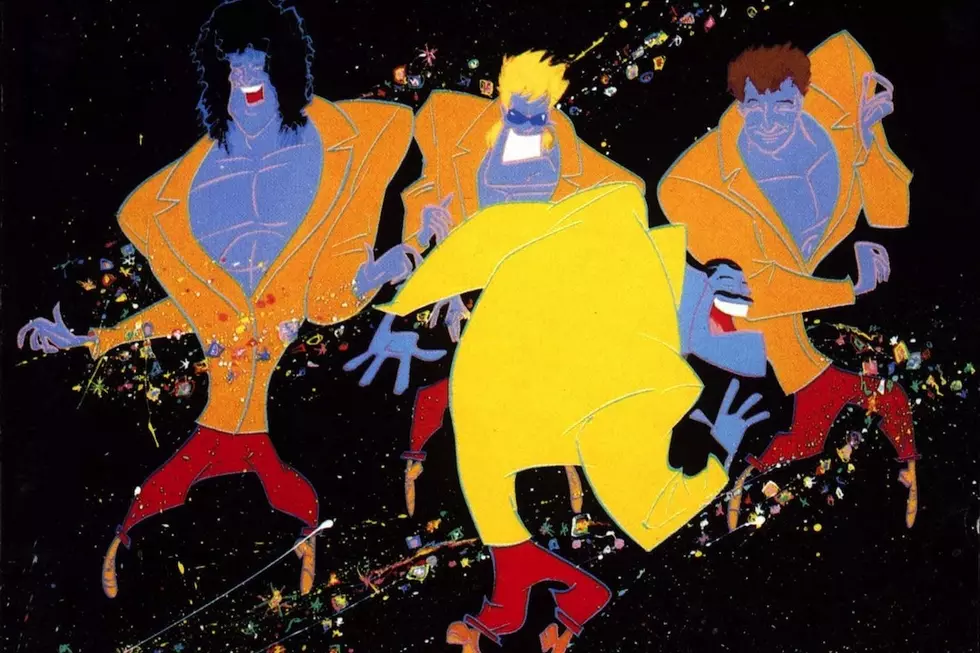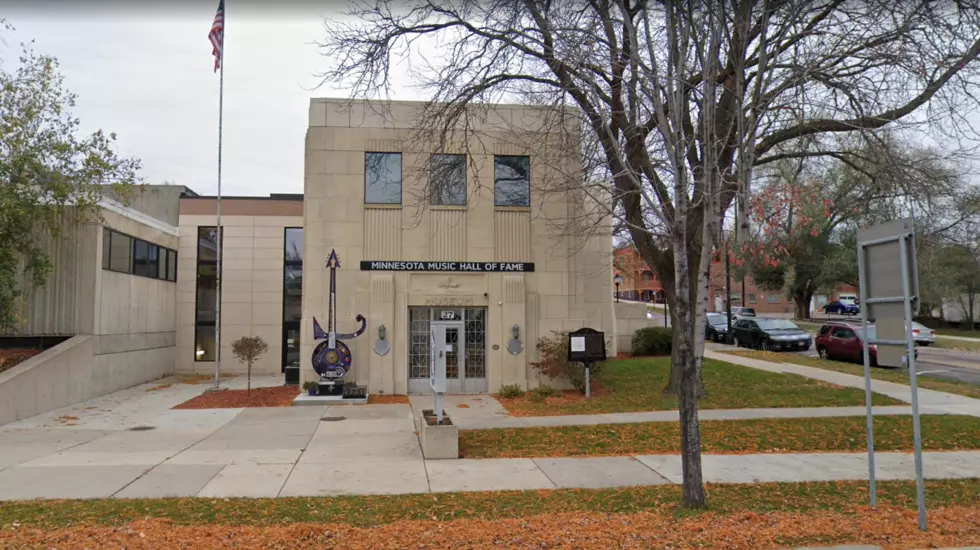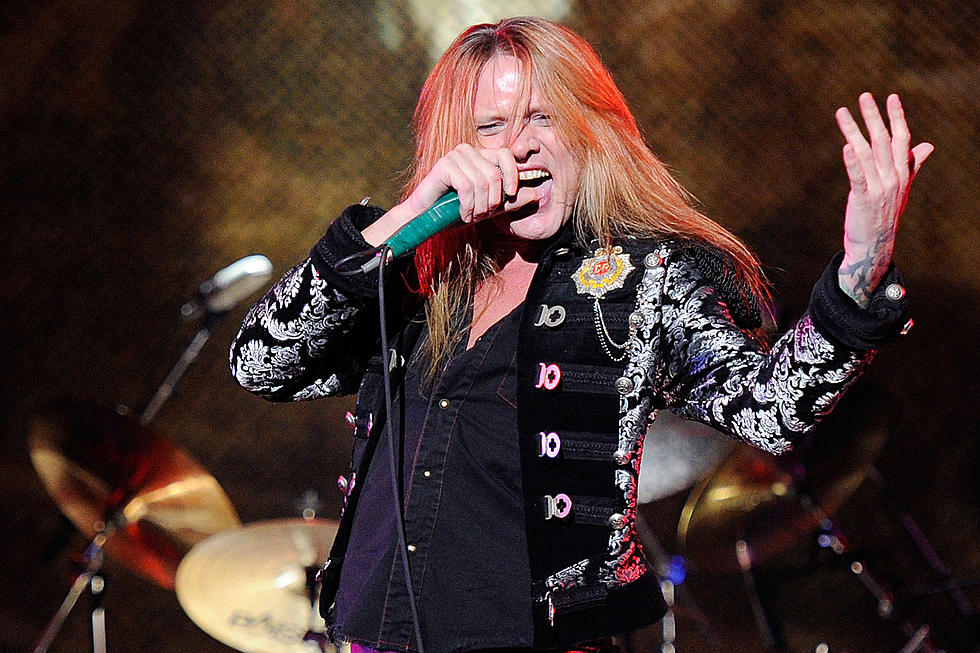
How Queen Marked the End of an Era With ‘A Kind of Magic’
Queen's 12th album A Kind of Magic arrived on June 2, 1986 as the unofficial soundtrack to the fantasy-action blockbuster Highlander, and went on to enjoy terrific success and acclaim. But not on both sides of the Atlantic.
In the U.S., many fans seemed to have lost interest in Queen after 1982's disco/funk experiment Hot Space, while pretty much everywhere else in the world the band was now bigger than ever. They rode a string of hits from 1984's The Works to platinum sales – while only going gold in the U.S. – and embarked on a victorious world tour that included a pair of headline appearances at the massive Rock in Rio festival in January 1985. This was followed by a show-stealing performance at London's Live Aid extravaganza that July.
So when the band emerged from nearly six months spent writing, rehearsing and recording A Kind of Magic at multiple studios with the help of producer and engineer Reinhold Mack and newcomer David Richards, the difference between fan reactions in the U.S. vs. everywhere else was quite stark to behold. In the U.S., the album barely crept into the Billboard Top 50 (peaking at No. 46), even though Highlander had already premiered there in March to lukewarm response at the box office (it would later attain cult status).
Meanwhile, back in Europe, where Highlander wouldn't open until months later, A Kind of Magic needed no outside help to reach No. 1 in the U.K., the Top 5 in Germany, Holland, Switzerland and Austria, and the Top 20 in several other countries.
Watch Queen's 'One Vision' Video
Many of its songs had been written with specific themes and scenes from the movie in mind – namely Freddie Mercury's bombastic "Princes of the Universe," John Deacon's romantic "One Year of Love," Roger Taylor's techno-driven "Don't Lose Your Head" and Brian May's metal-shredding "Gimme the Prize (Kurgan's Theme)" and heavily orchestrated ballad "Who Wants to Live Forever" – but their lyrics were broad enough and their hooks irresistible enough to achieve mainstream acceptance.
This was even truer of the album's opener "One Vision," which was released as a single in November 1985. It referenced the band's Live Aid triumph, yet, in typical Queen style, countered its lofty ideals ("Give me one heart, one soul, one voice, one vision") with a final plea for fried chicken. The smooth title track (inspired by another Highlander line) became the album's second global smash (in Brazil, the song was certified platinum). The anthemic "Friends Will Be Friends," became a showstopper onstage, and the sexy "Pain Is So Close to Pleasure" completed A Kind of Magic's track listing with Mercury's falsetto in full flight.
At least half of the album's songs would be aired on the Magic Tour, which opened June 7 in Stockholm and concluded just two months and 26 dates later, but still qualified as one of Queen's biggest tours yet, as they performed in packed soccer stadiums and other open air venues across Europe. The tour's final show, before some 120,000 fans at England's Knebworth Park, would be Queen's last with Mercury. In 1987, he was diagnosed with AIDS and then died on Nov. 24, 1991.
All of which made A Kind of Magic something like the end of an era as globe-trotting superstars for Queen. Most U.S. fans, alienated by the band years earlier, may not hold the album in much regard, but audiences across the globe harbor some of their best memories of Queen, at the peak of their popularity, from the songs and videos and concerts that promoted this album. The Highlander connection hasn't hurt either.
Rock Stars Who Walked Away and Never Looked Back
You Think You Know Queen?
More From KYBB-FM / B102.7










